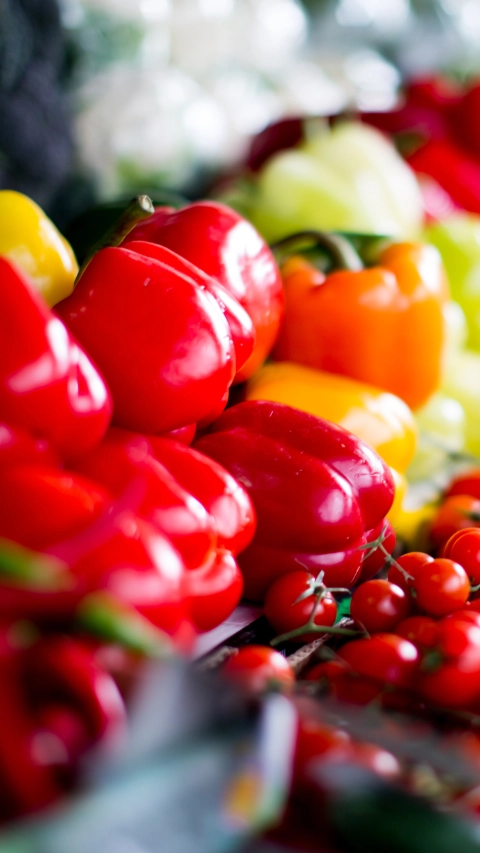Media
Strong pipeline of BASF agricultural innovations will benefit food security, climate and environment
- Innovations in seeds and traits, seed treatment, biological and chemical crop protection, and digital farming solutions for important crops worldwide
- Improvements for climate resilience, biodiversity preservation, precision applications and reduced CO2 emissions
- Projected peak sales potential of more than €7.5 billion confirmed
BASF announces its ten-year outlook on agricultural innovations that support food security for future generations, while minimizing the impact of farming on the climate and the environment. The company focuses on improving agricultural outcomes in major crops, like wheat, canola, soybean, corn, cotton, rice, as well as fruits and vegetables. According to estimates from the Food and Agriculture Organization of the United Nations (FAO), these crops account for more than 50% of the world’s farmland, which is why innovations applied on such a large scale have the potential to make farming even more productive and sustainable.
Within these major crops, BASF continues to innovate across its pipeline of seeds and traits, seed treatment, biological and chemical crop protection, as well as digital farming solutions and will launch major pipeline projects across all business areas over the next decade. The value of the innovation pipeline is strong, with an estimated peak sales potential of more than €7.5 billion. The importance of BASF’s products and solutions to society is growing, as the company systematically incorporates sustainability criteria into its agricultural research. In 2021, it spent about €900 million in R&D in the Agricultural Solutions segment, representing around 11% of the segment’s sales. In 2022, BASF will continue to invest in research and development of agricultural innovations at a high level.
While focusing on selected crop systems in key regions, the company tailors its products, technologies and services to help farmers grow their crops optimally even in challenging environmental conditions. “Innovation in agriculture is essential to enable sustainable food production. We need to find the right balance for better yield – yield produced in ways that meet the demands of future generations, has minimal impact on the environment and helps farmers make a living,” said Dr. Livio Tedeschi, President of BASF Agricultural Solutions. “Our innovations enable both more productive and more sustainable farming – key levers identified by the United Nations and incorporated in their Sustainable Development Goals. At BASF Agricultural Solutions, we made this a priority and committed to clear and measurable targets to boost sustainable agriculture by 2030.”
“Over the past decade, we have developed a broad portfolio that leverages all technologies needed for a more sustainable future of agriculture,” said Dr. Peter Eckes, President R&D and Regulatory of BASF Agricultural Solutions.
“As a trusted and reliable innovation partner, our research for agricultural solutions reflects a long-term strategy that gives farmers stability in a changing world and allows them to increase yield and reduce the impact of farming on natural resources.”
Supporting local, indoor food production with innovations in vegetable seed and biological crop protection
BASF is optimizing seed and crop protection for growing food indoors. In 2021, the company’s vegetable seed business, marketed under the nunhems® brand, opened a new state-of-the-art greenhouse for breeding vegetable seed varieties. The advanced indoor growing technologies will save water, energy and other agricultural inputs, and will be matched with BASF’s vegetable seed varieties specifically bred for these conditions. The company is employing greenhouses like these to provide foundational research for efficiently producing and harvesting fruit and vegetable crops such as tomatoes, cucumbers, peppers and lettuce throughout the year.
As partners with vegetable seed innovations, BioSolutions by BASF like Velifer® BioInsecticide and Serifel® BioFungicide are optimized for performance in greenhouse settings, and will continue to launch worldwide, including in the EU, China and Latin America over the coming years. Farmer José Filipe Ruiz Chavez, who grows tomatoes and peppers in greenhouses in Mexico, said: “The experience we had with Serifel has been very good because it has reduced and controlled powdery mildew. We have a vigorous and healthier plant, a cleaner and more organic produce.”
To find out more about BASF’s innovation pipeline in agriculture, please visit our innovation website www.AgInnovation.basf.com or read the full press release here

